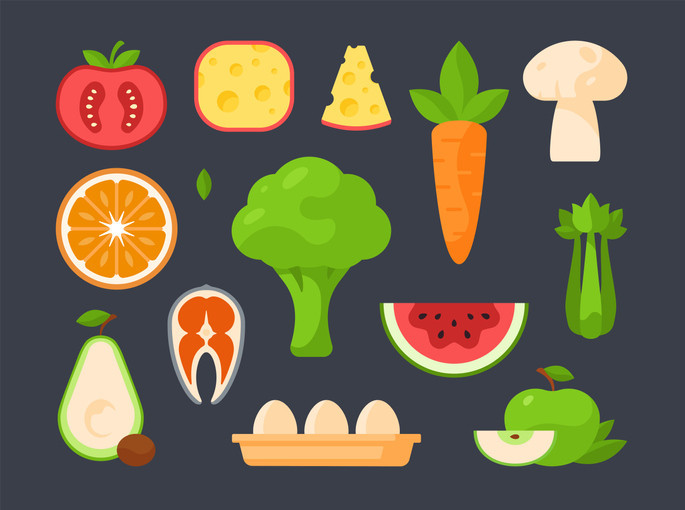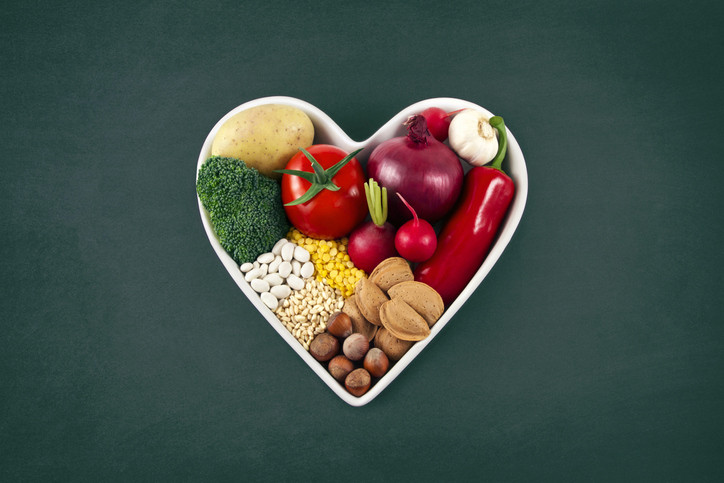
5 timeless habits for better health

What are the symptoms of prostate cancer?

Is your breakfast cereal healthy?

When pain signals an emergency: Symptoms you should never ignore

Does exercise give you energy?

Acupuncture for pain relief: How it works and what to expect

How to avoid jet lag: Tips for staying alert when you travel

Biofeedback therapy: How it works and how it can help relieve pain

Best vitamins and minerals for energy

Should you take probiotics with antibiotics?
Nutrition Archive
Articles
Crucial ways you can support a healthy immune system
There’s no evidence that maintaining a healthy lifestyle will suddenly boost the immune system. However, it’s clear that healthy lifestyle habits contribute to overall health, supporting the body’s ability to fight infections instead of creating new problems. Healthy habits that help maintain a robust immune system include getting seven to nine hours of sleep per night, exercising, reducing stress, eating a healthy diet, not smoking, drinking alcohol only in moderation, maintaining a healthy weight, and getting underlying conditions under control.
Easy ways to shop for healthful, cost-conscious foods
Healthier eating starts with food shopping, and supermarkets are full of choices that are both nutritious and less so. But trips to a grocery store don't have to feel overwhelming or be budget-blowing; it just takes a little planning, strategy, and thinking ahead.
Why eat lower on the seafood chain?
Cutting back on red meat and replacing it with poultry or seafood is a good choice because those are healthier sources of protein — and better for the environment. Choosing seafood that is lower on the food chain can amplify those benefits.
Let's go nuts
Nuts contain healthy unsaturated fats, protein, and important nutrients like potassium, and there is ample evidence that eating nuts regularly helps protect against heart disease.
A practical guide to the Mediterranean diet
Making small, gradual changes to your eating habits and patterns is an easy way to incorporate the Mediterranean diet approach into your life.
Energy-boosting coffee alternatives: What to know
Beverages that promise similar energy perks and health benefits as coffee and tea are growing in popularity. Often marketed as wellness drinks, how do these alternatives stack up nutritionally?
Low-carb diet helps cut blood sugar levels in people with prediabetes
A recent study suggests that following a low-carb diet may quickly reduce A1C levels in people with prediabetes. Such a rigorous approach to eating may not be realistic, but cutting even some carbs may lead to weight loss and lower blood sugar.
3 easy ways to eat a healthier diet
The very best intentions for healthy eating can fail if a new diet is too ambitious or restrictive. Taking small, easy steps toward healthier eating—and taking them one at a time—can help you make lasting changes.
Jump-start a healthier New Year with four holiday eating tips
The holiday season is full of parties, gatherings, food, and drink — making it an ideal time to adopt healthier eating habits. Doing so can help you manage stress and avoid overeating, and will set you up for success in the new year.

5 timeless habits for better health

What are the symptoms of prostate cancer?

Is your breakfast cereal healthy?

When pain signals an emergency: Symptoms you should never ignore

Does exercise give you energy?

Acupuncture for pain relief: How it works and what to expect

How to avoid jet lag: Tips for staying alert when you travel

Biofeedback therapy: How it works and how it can help relieve pain

Best vitamins and minerals for energy

Should you take probiotics with antibiotics?
Free Healthbeat Signup
Get the latest in health news delivered to your inbox!
Sign Up











